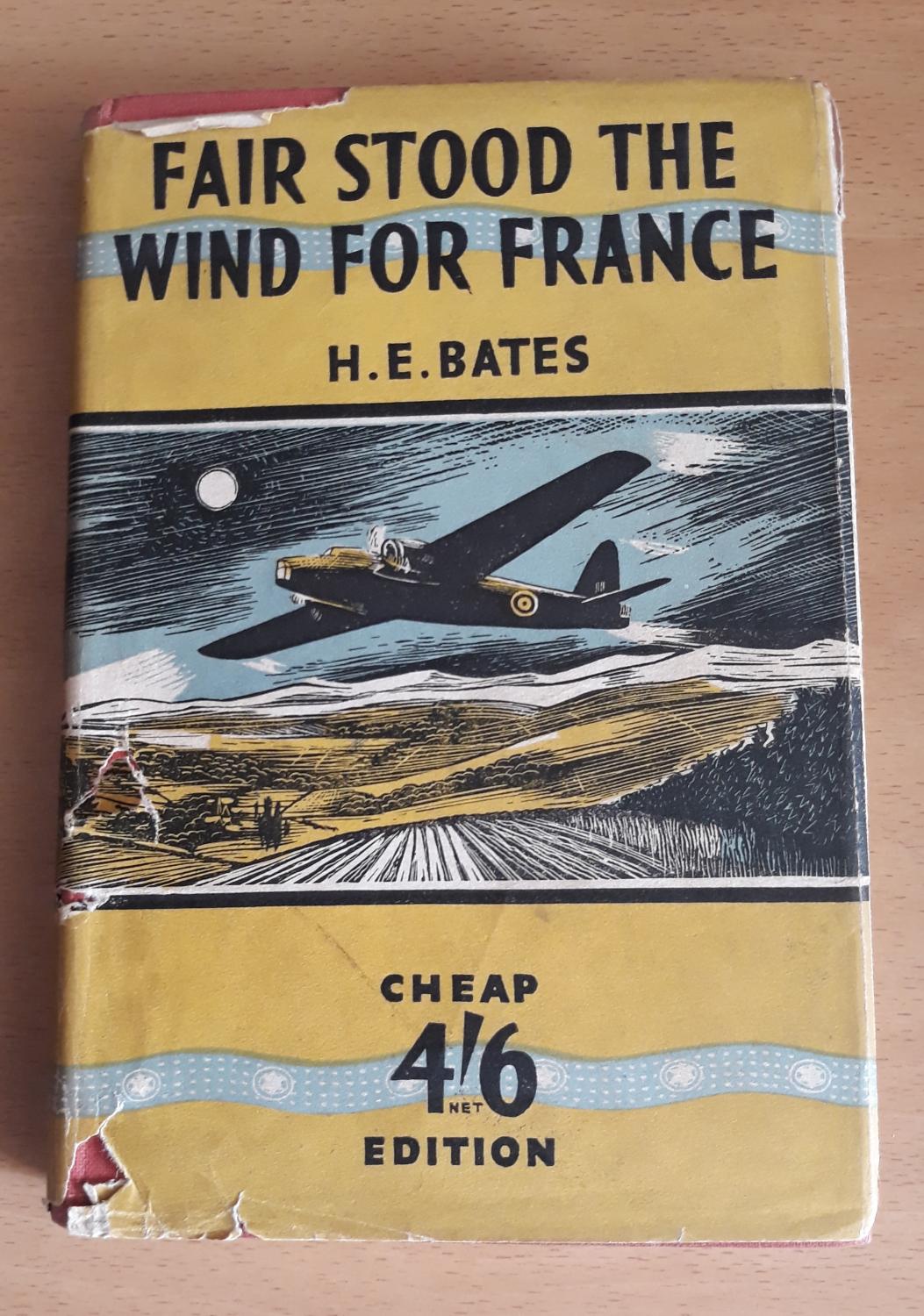

Since it must be mid-afternoon he found himself alone in the room, listening for the encouraging, clean, beautiful sound of rattled tea-cups. Of England, his other thoughts were simple.

Because much of the story occurs over the course of a hot summer, there are beautiful descriptions of the French countryside baking in the heat, which, in turn, makes Franklin homesick. In fact Bates’ writing is so stripped back - not one word is wasted - that it seems a feat of exceptional genius to wring so much emotion, drama and truth out of almost every sentence, every page.īates is also very good at evoking time and place. Set against the horrors of war, it takes on a life-affirming force, and Bates’ prose is so elegant and pitch-perfect he somehow gets to the heart of human emotions without actually spelling anything out. During this time he is nursed by the mill-owner’s daughter, Françoise, a strangely quiet but observant and cool-headed customer, with whom he falls in love.įair Stood the Wind for France is not your average sappy romance, however. They are not sure whether to trust the mill owner and his family, and they are frightened to stay on French soil lest they be captured by German forces that patrol the local area.Įventually, the crew are provided with fake travel papers, arranged by the mill owner, but Franklin decides to stay behind until his arm heals. This does not go down well with his crew, who are anxious to head for the border. A clandestine visit to a local doctor is arranged, but the only cure, it seems, is bed rest. The men plan to escape to Spain, but Franklin’s injury has left him too weak to travel. Here, they are taken in by a mill-owner and his family, who hide them in an upstairs bedroom. After walking for an entire day, they come to a small farm on the edge of a woods. The five of them survive the plane going down in marshland, but Franklin’s left arm is badly injured. Franklin, who has been “actively operational” for almost a year and isn’t far off notching up his first 300-hours of flying time, is accompanied by a crew of four sergeants. The story begins with John Franklin’s Royal Airforce plane crash-landing in Occupied France at the height of the Second World War. (The title comes from the first line of Agincourt, a poem by Elizabethan poet Michael Drayton.)

Bates’ 1944 classic Fair Stood the Wind for France is one of the finest and loveliest books I’ve ever read. Fiction – paperback Penguin Modern Classics 255 pages 2005.


 0 kommentar(er)
0 kommentar(er)
